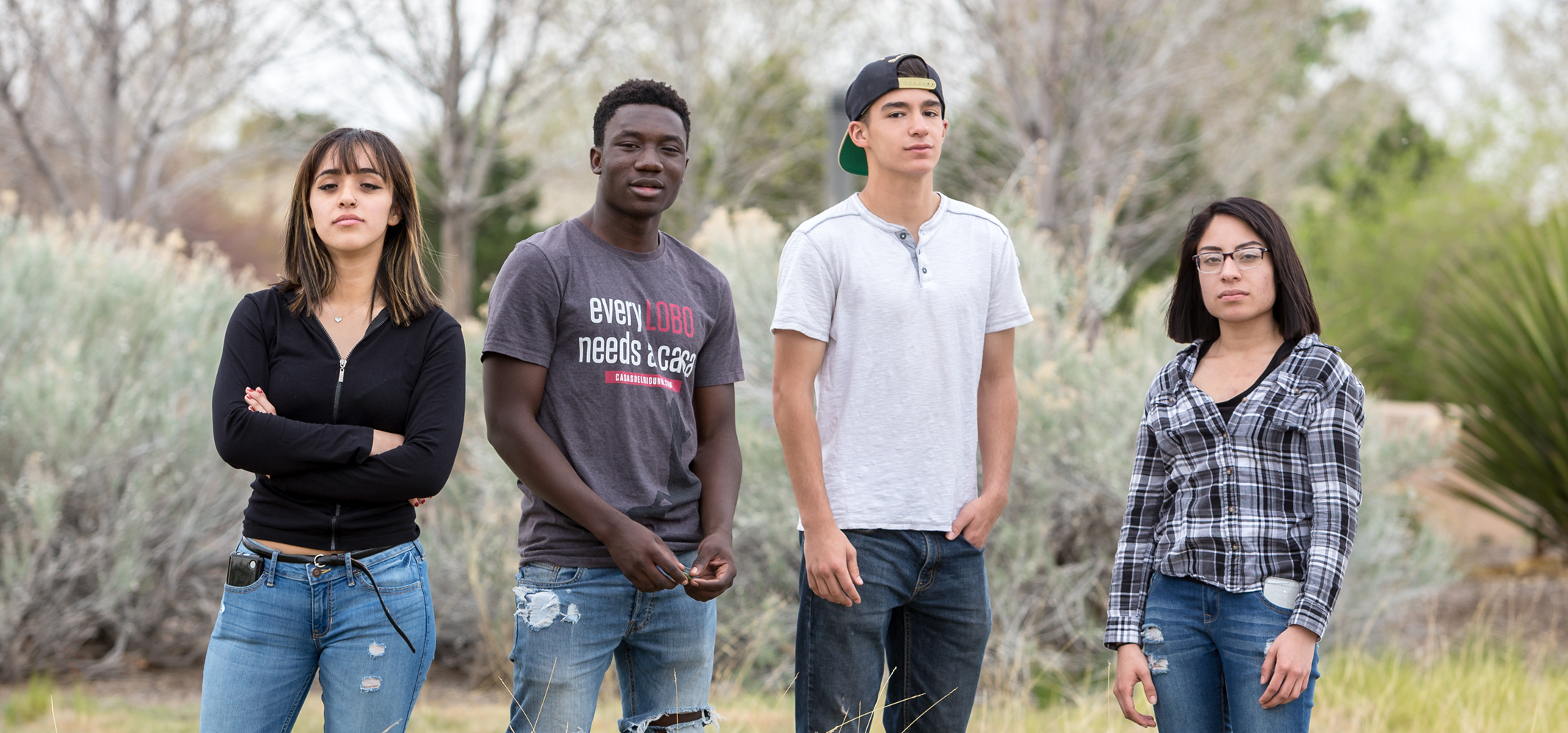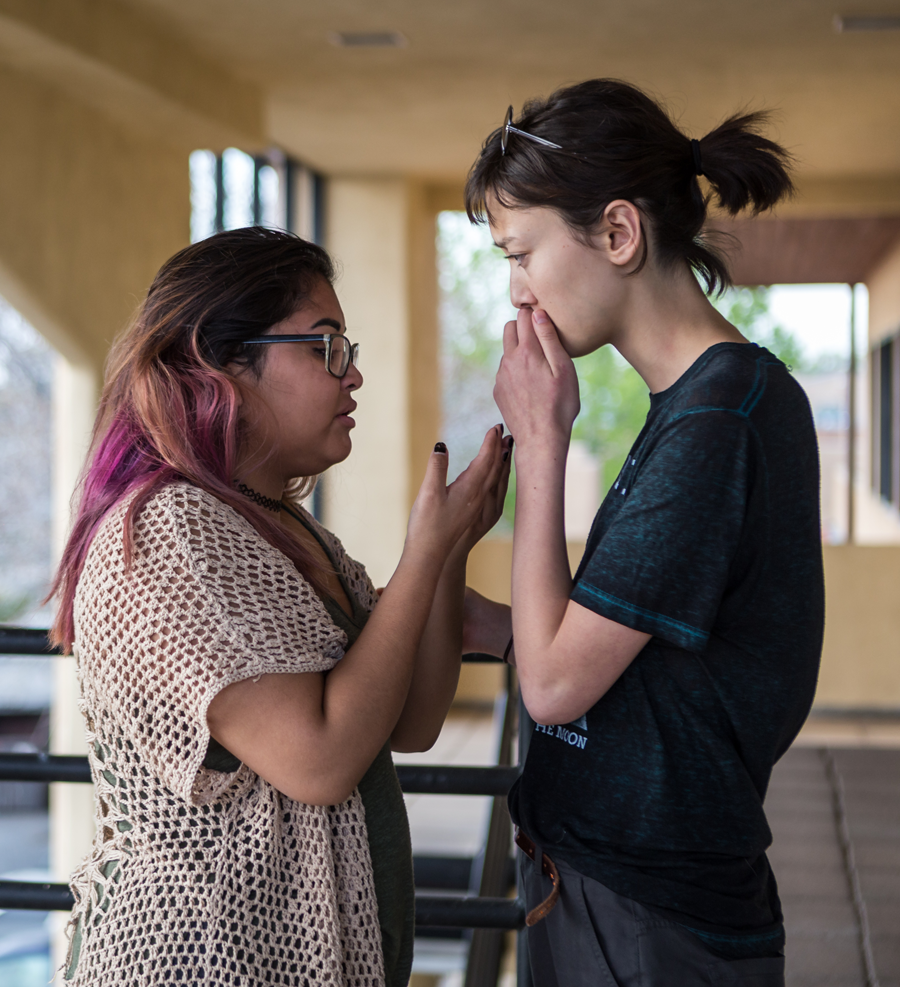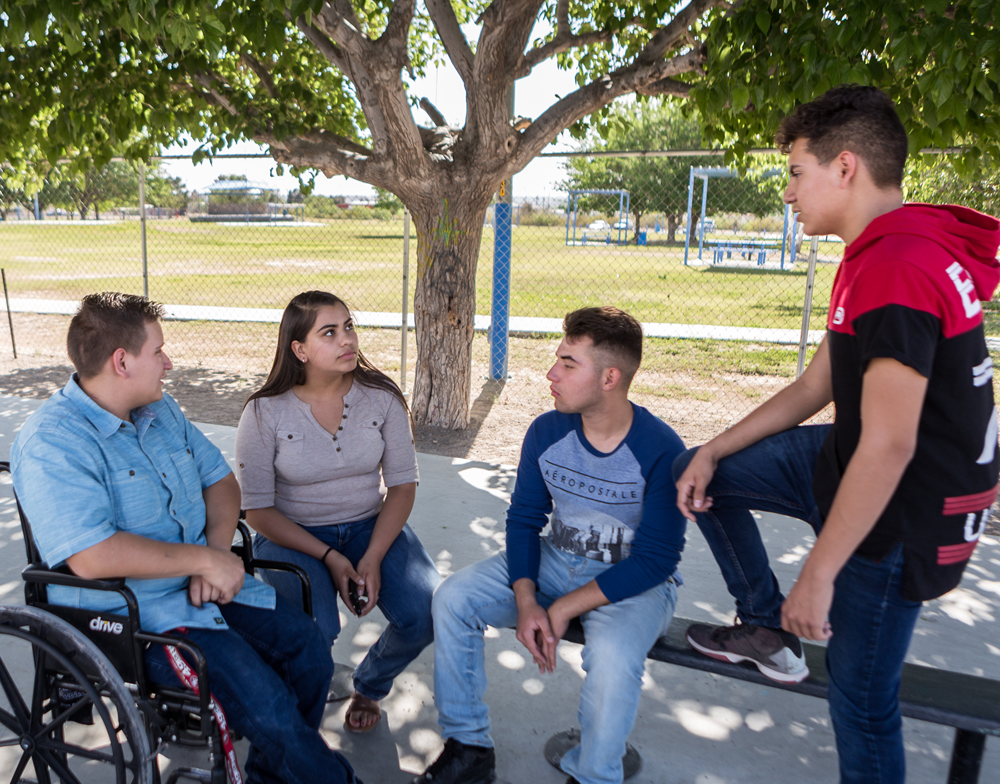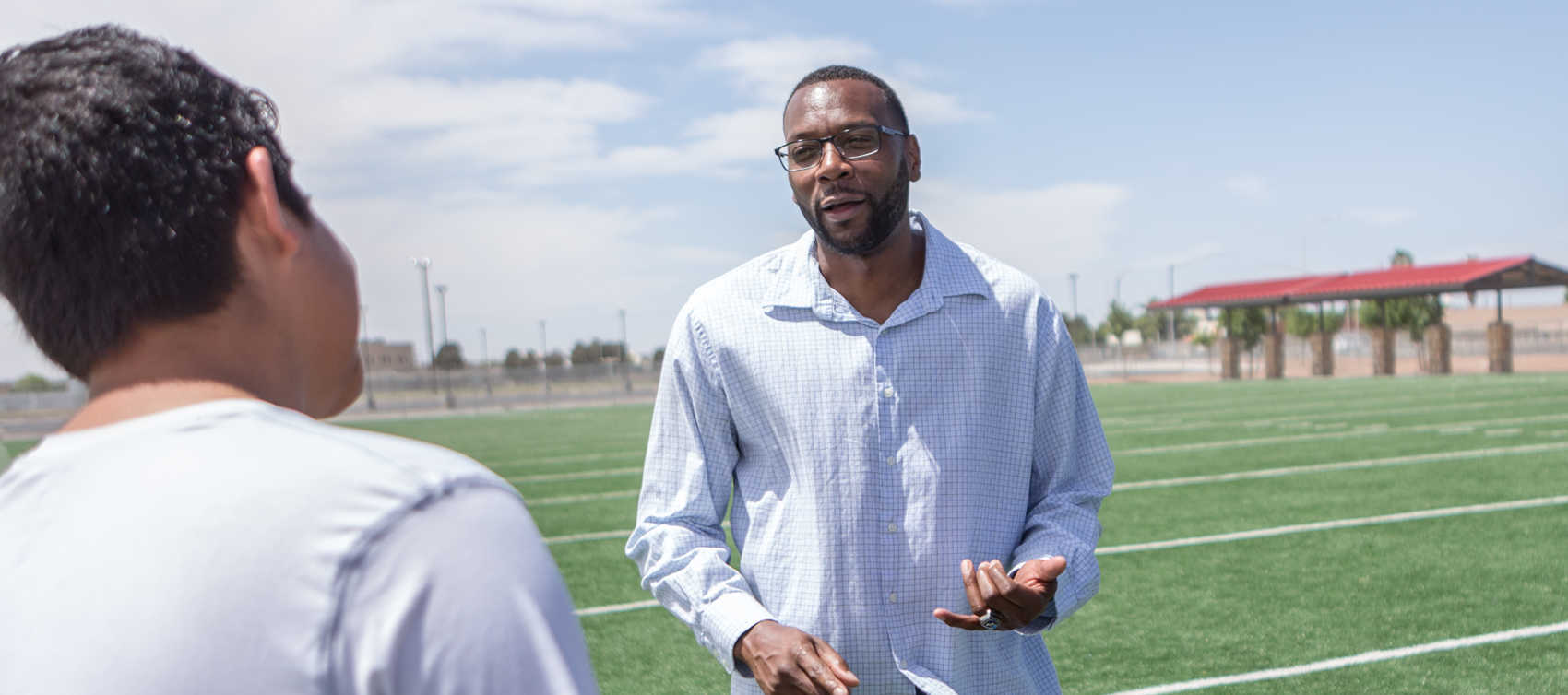Mentor to Teen
Talking about sex, dating, and violence prevention isn’t just for health teachers, counselors, and peer educators. It’s for anyone that believes in healthy relationships, wants to support others, and recognizes abuse is never ok.
And since you’re the kind of person that others go to for advice, listen to, and respect, then you’re an ideal candidate.
No need to be formal. Even a few minutes giving solid advice is great.
Here’s some tips:
Ideas to start
- Keep it low key. Don’t push if they aren’t ready to talk.
- Use day-to-day language, not medical terms.
- When they come to you first, start by listening.
- Keep the conversation going by asking open-ended questions.
When talking about real scenarios
- Focus on behaviors, not specific people.
- Challenge them to notice red flags.
- Ask them what next steps they want to take.
- Be ready to share resources.
- Use what’s going on in current events and in media to start a conversation or to illustrate a point.
- Validate what they know and have shared.
- Bring up a topic related to sexual violence:
- Ask them to share what they know about it.
- Share scenario and examples that include a wide variety of people, relationships, and identities.
- Discuss practical ways to prevent sexual violence.
Ask things like
- “Everyone deserves to be treated with respect in relationships. What does ‘respect’ mean to you?”
- “What are signs of healthy relationships?”
- “What kind of social media boundaries do you think couples and friends should have?”

Teen to Teen
How should you give advice or express concern when friends or others you know have experienced sexual violence? Here are some tips to help them feel
listened to, safe, and respected.


When talking about real scenarios
- Be a good listener. If possible, try to meet in person instead of communicating over text, through social media, or on the phone. Don’t push if they’re not ready to talk.
- Be supportive. Acknowledge their feelings and respect their decisions. Ask them how they’d like you to help.
- Tell them you’re concerned for their safety and want to help.
- Help them realize or accept that what’s happening isn’t healthy. Let them know this kind of thing isn’t normal and it’s not their fault.
- Connect them to resources that can help them get out of the situation.
- Help them develop a safety plan.
- Show them you’re someone to depend on. Listen without making judgments. Do what you say you’ll do.
- Don’t support revenge on the abuser. This can make the situation worse.
- Help them identify others who can also help. Remind them you want to help and that others can too in different ways. Offer to find a safe adult so they can step in quickly to provide support.
- If they’re in an unhealthy relationship, try to understand that they might still stay in it. Or they may leave but still go back. Be patient, continue to show support, and let them move at their own pace.
Get all our tips
Some content adapted from Love is Respect, Break the Cycle, A Call to Men, Healthy Teen Network, National Sexual Violence Resource Center, Not On My Watch, Planned Parenthood, Scarleteen, A Thin Line.

